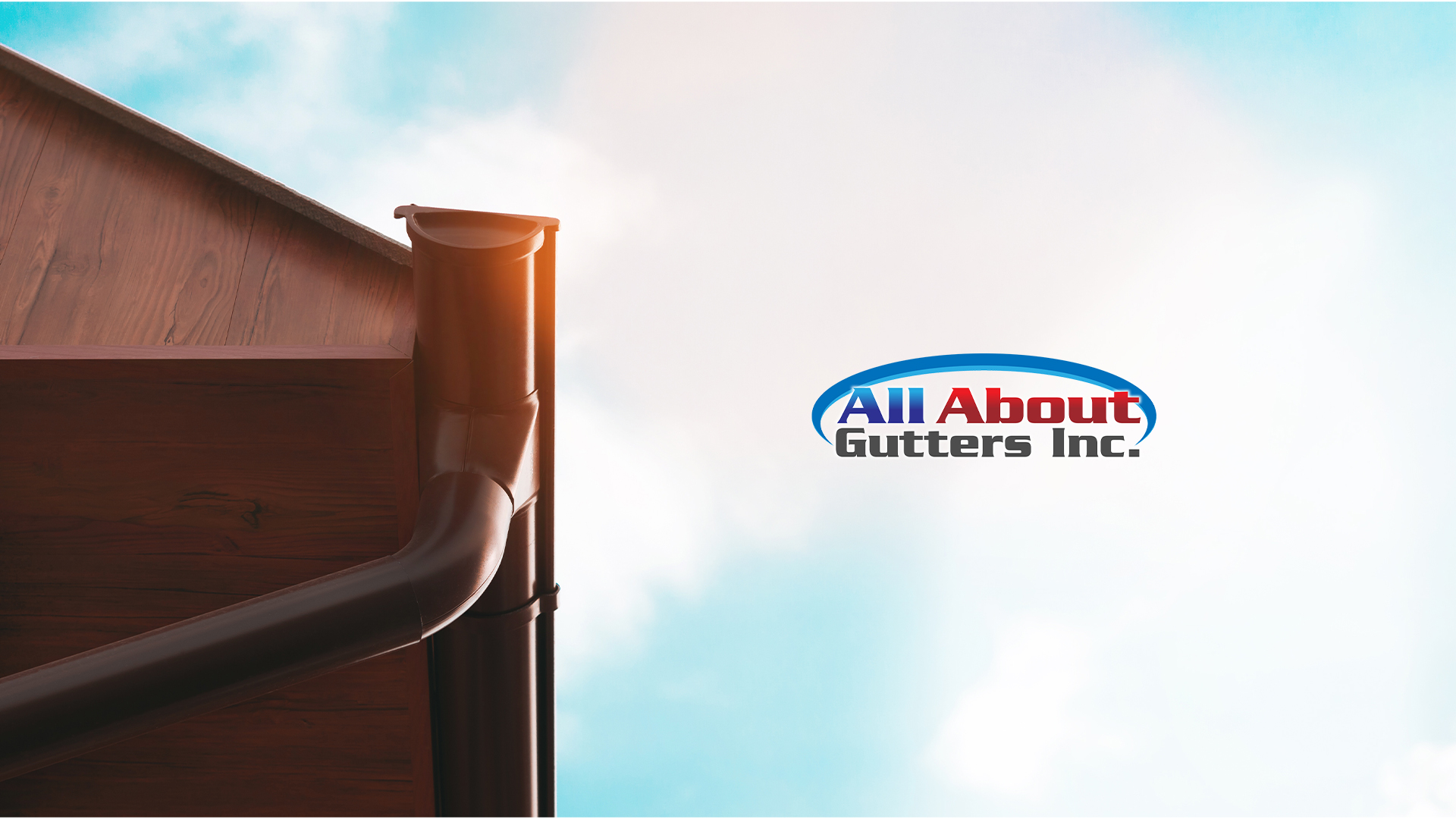Is It Mandatory To Install Rainwater Evacuation Systems In Homes?
One of the most common doubts when you have a single-family home is whether the installation of gutters is mandatory. The answer is yes and no, but the solution is not that easy. It all depends on the type of construction, the municipality and the way in which rainwater is collected.
In this article All About Gutters Inc. explain what the law
says about it and alternatives that you must take into account when deciding to
install rainwater evacuation systems.
Today, the regulations that regulate rainwater evacuation
systems in homes is the Technical Building Code. The truth is that until the
appearance of this regulation there was no mandatory rule regarding the
installation of gutters and downspouts.
Even so, it was common for homes to have them, since not
installing gutters causes rainwater from the roof to run down the façade, which
can damage it.
On the other hand, the Civil Code tells us that it is
mandatory for each homeowner to be responsible for collecting and managing all
the water on their property, including sewage and rainwater, and making the
necessary facilities for it to be evacuated correctly.
According to the law, in no case can you allow rainwater to
be poured onto the neighbor. Similarly, downspouts that drain into the street
sidewalk should not be placed. And, although it is said that you have to use
the connections to evacuate the rain, the most important thing is that as long
as it falls inside your property, no one can force you to do the installation.
As for the municipal regulations, it is more or less the
same, that is, as long as the roofs of the chalet do not spill into the street
or the neighbor's plot, there is no legal obligation to install storm drains.
However, each municipality has its own regulations, although it is usually
mandatory to install gutters if the water falls outside your property. A
professional gutter company can advise you on the best method of complying with
the law while protecting your façade and foundation.
Alternatives to the gutter system
Rain barrels, with which to collect and recycle seasonal
rain. They are placed in each corner of the roof or in the backyard to catch the
rain. Rain barrels will help you save money by reducing water use for lawn and
garden care. Choose one that has a water spigot to release the amount of water
you need. Large capacity underground dry wells. The water that comes out of
the dry well will keep the lawn and garden green during the dry spells of
summer.
Rain chains, are usually made of copper. The series of cups
slows the rate at which water reaches the ground, meaning it will no longer
puddle on your lawn or driveway.
Copper pipes give elegance to your home. While aluminum
gutters are more practical, copper brings a rustic aesthetic that aluminum
can't compete with. It's best to opt for natural copper which will take on the
classic blue-green finish as it weathers.
.jpg)



Comments
Post a Comment